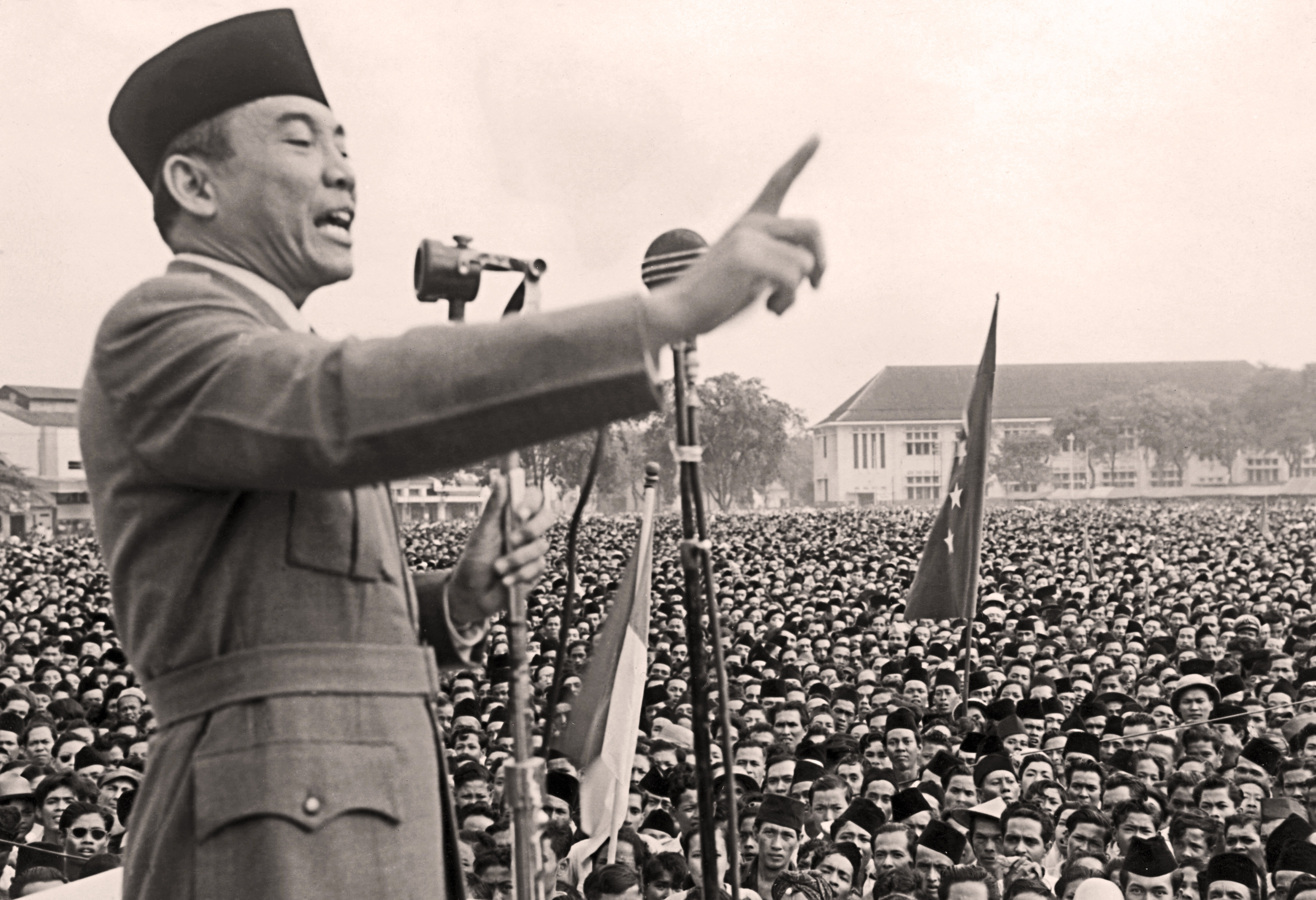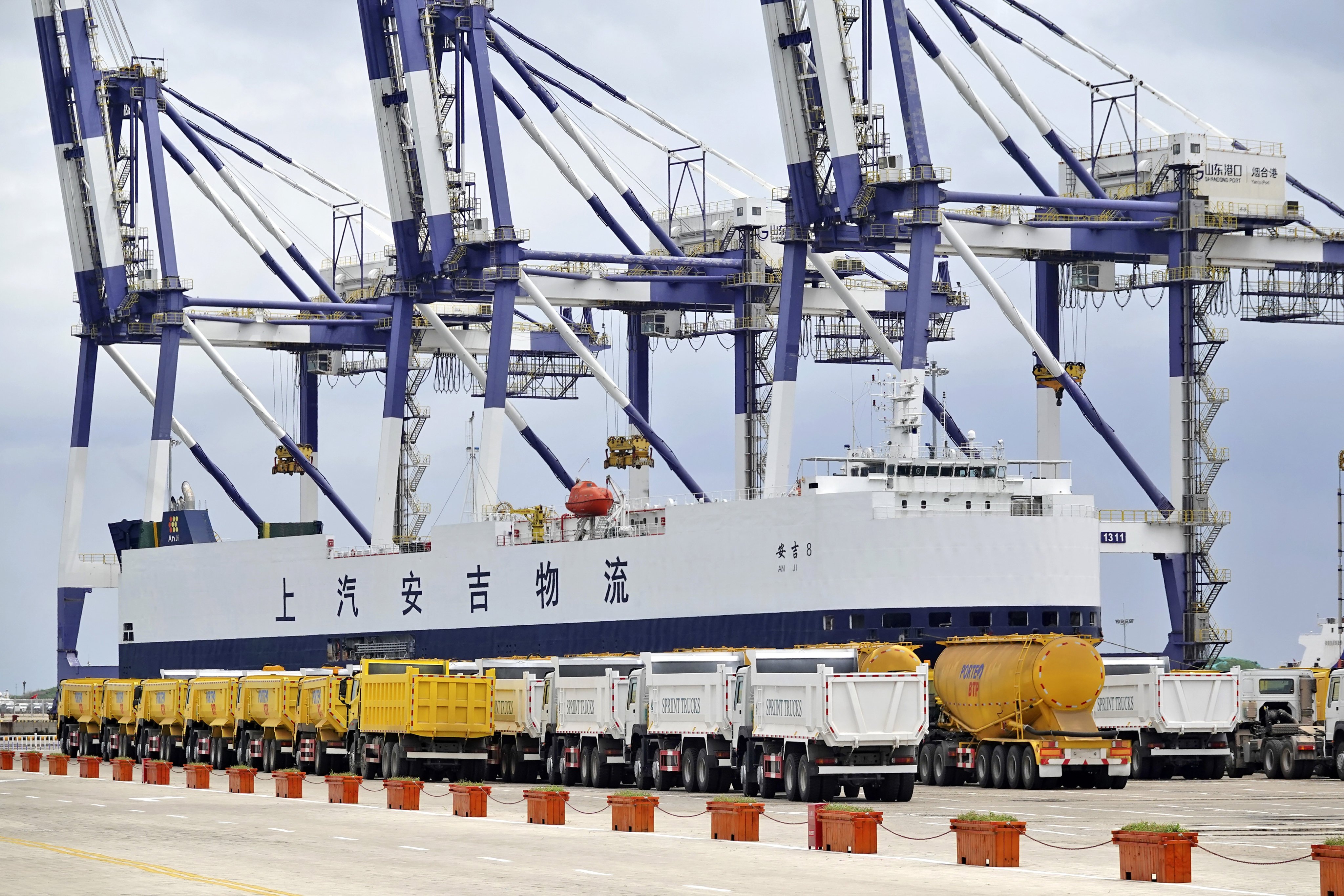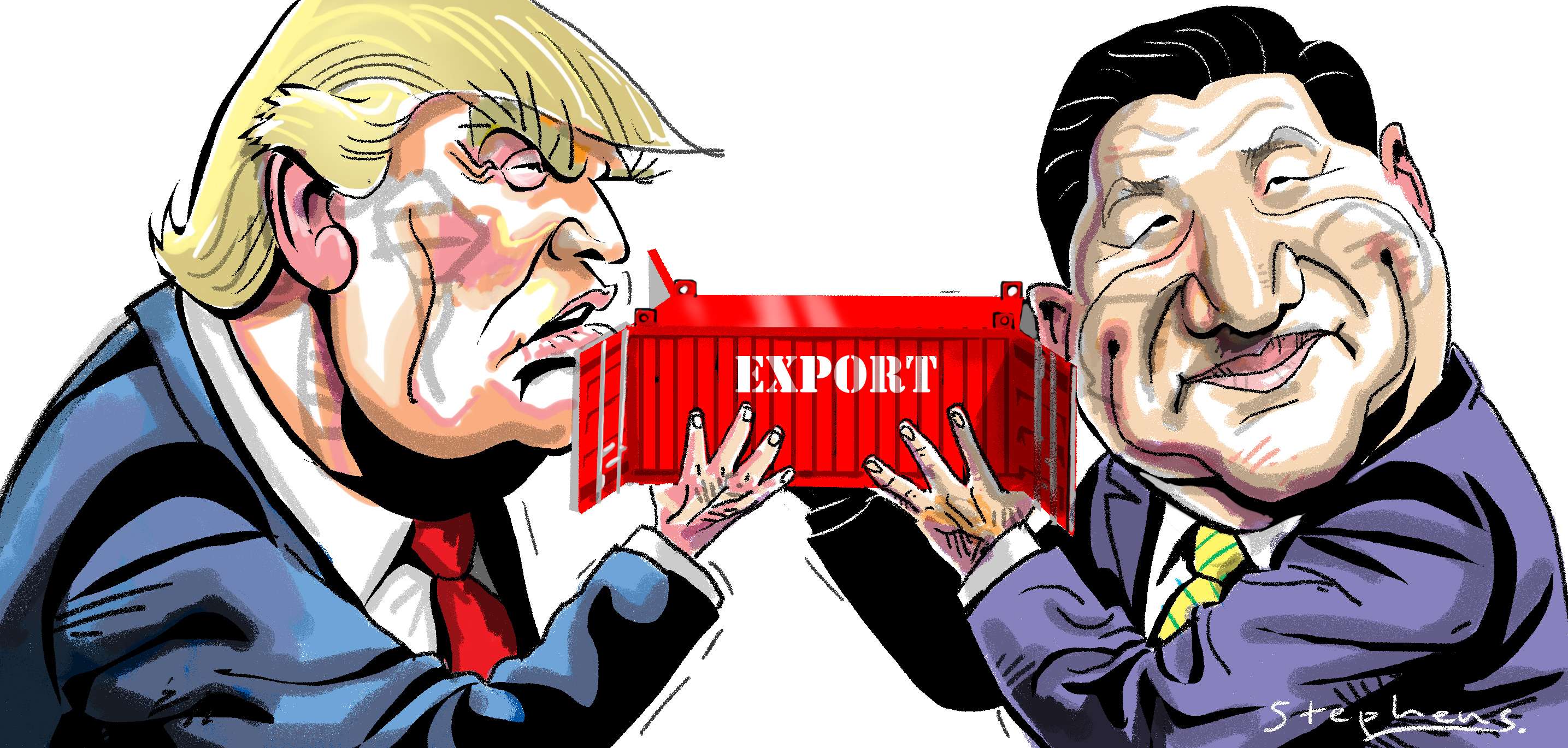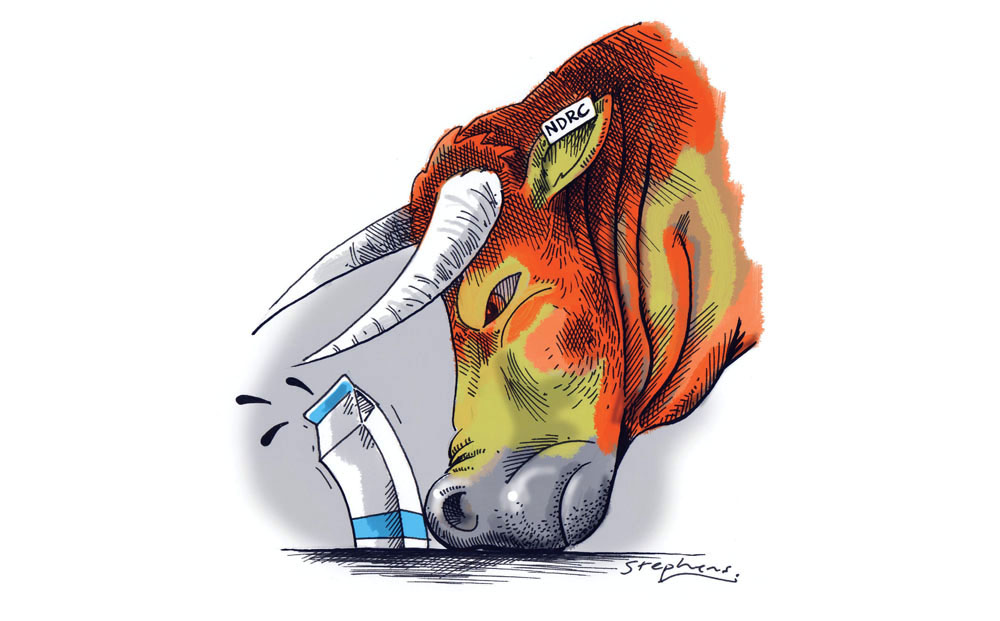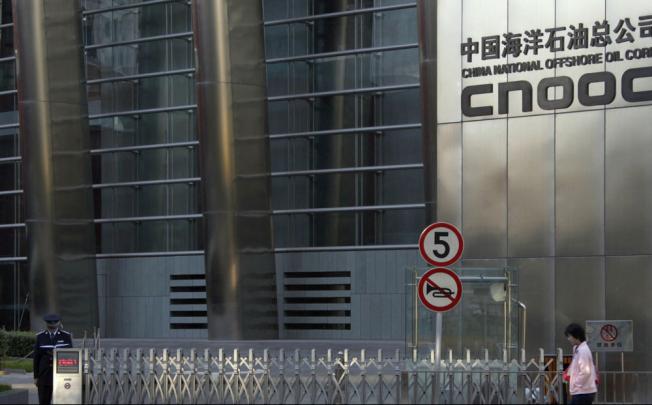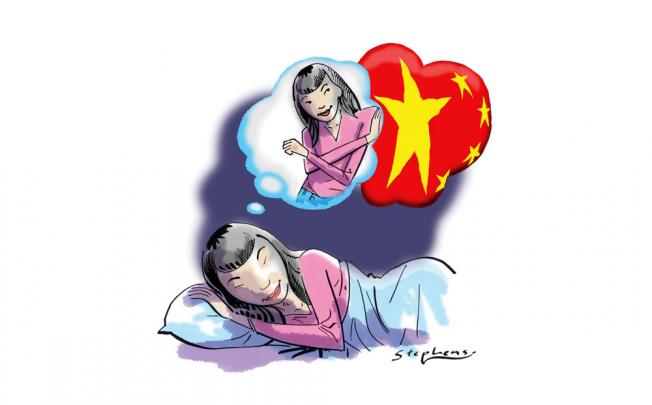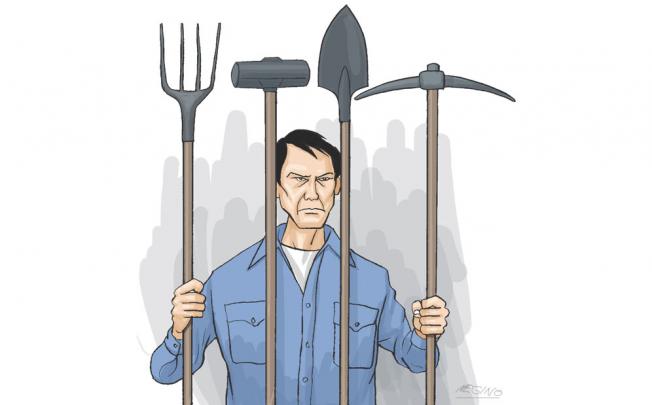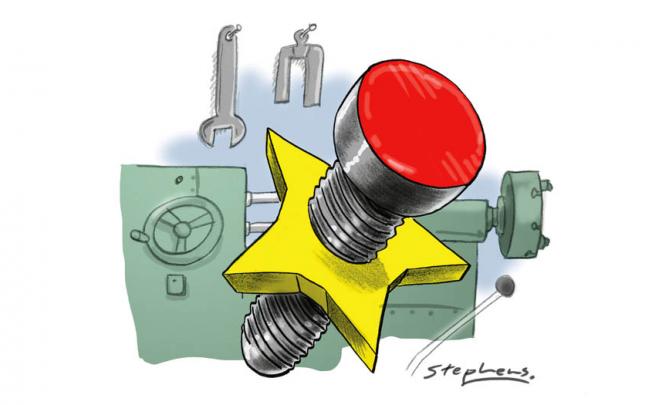Advertisement
Advertisement
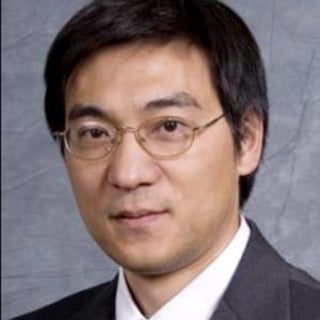
John Gong
Dr John Gong is a professor of economics at the University of International Business and Economics in Beijing, where he teaches and researches in areas of finance, industrial organisation, and competition policies. He is a prolific researcher and writer with a list of publications in leading international academic journals, and an op-ed columnist for several newspapers in Asia.
Pressure on the neutrality camp is mainly pointed at China, but could easily spread to the world’s silent majority. An alliance of the unwilling is needed to support the peace effort and stay out of the war.
“Asia for Asians” is a collective vision, a statement by a rising region that wants to determine its own fate, in pursuit of peace, security and economic prosperity – with no hegemonic ambitions.
While the world’s major economies are slowing down, China faces a different kind of economic problem from the US and the EU. In China, the issue is inadequate demand, which has been flattened by lockdown measures. The solution then is to wait out the zero-Covid policy.
China and many other developing countries have benefited greatly from globalisation, and the attempt by detractors to turn back the clock, in the name of ‘economic sovereignty’, is the wrong medicine for globalisation’s ills.
Advertisement

